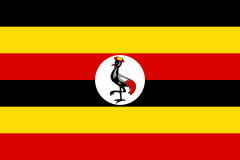
Visa and entry requirements Uganda:
Passport required
German citizens require an entry visa.
Since July 1, 2016, a visa can only be obtained online on the website visas.immigration.go.ug be requested.
Visa costs: 50 USD
Information from the Foreign Office about your trip to Uganda:
https://www.auswaertiges-amt.de/de/ugandasicherheit/208752
Uganda is a landlocked country in East Africa with around 36 million predominantly Christian residents. The country borders Kenya to the east, Tanzania to the south, Rwanda to the southwest, the DR Congo to the west and South Sudan to the north. The two official languages of Uganda are English and Swahili and the Ugandan shilling is used as the national currency, with 1 euro corresponding to around 4,400 UGX.
The country's largest cities include Kampala, Gulu, Lira, Mukono, Jinja, Mbarara, Mbale, Kasese, Kitgum and Entebbe.
The equator line runs through the south of Uganda and the country is characterized by savannahs, jungles, the White Nile and large lakes such as Lake Victoria in the south and Lake Albert in the west. The highest point in the country is Margherita Peak in the Ruwenzori Mountains at 5,110 meters. The territory of Uganda lies largely on a plateau at an altitude of 1,000 meters.
Due to the tropical climate that prevails there, Uganda has a rich variety of plants and impressive wildlife. This rare natural beauty and the endangered animal species are protected by the government in a total of nine national parks and six game reserves. The most important national parks include Queen Elizabeth National Park, Ruwenzori National Park, Murchison Falls National Park, Kibale National Park and Bwindi National Park. These parks are home to elephants, mountain gorillas, lions, buffaloes, hippos, pelicans, antelopes, crocodiles, giraffes, chimpanzees, colobus monkeys, waterbucks and countless species of birds.
Today Uganda is one of the poorest countries in the world. The infant and child mortality rate in the country is very high, with around 12% of all adults suffering from HIV/AIDS.
Uganda's economy depends in part on its abundant reserves of mineral resources, such as crude oil, natural gas, gold, copper, limestone, nickel, cobalt and rock salt. The other half of export revenue comes from agricultural products such as coffee, bananas, tobacco, cocoa, sugar, cotton and tea. In addition, fish is mainly exported from Lake Victoria, especially Victoria and tilapia.
The capital and largest city of Uganda is Kampala with around 1.7 million inhabitants. Kampala is located not far from Lake Victoria at an average altitude of 1,200 meters. The main attractions of the capital include the House of Worship, the Gaddafi National Mosque, the Islamic Kibuli Mosque, the Roman Catholic Rubaga Cathedral, the Kasubi Tombs, the Bahai Temple, the Lubiri Palace, the Independence Monument, the Uganda Martyrs Mausoleum and the Local History Museum.
In December 2015 I visited Uganda for two days. There was huge traffic chaos in the capital, Kampala, and apart from the main road, hardly any other road was paved. Unfortunately, the traffic ended up significantly restricting my city tour.
Somehow the extremely dark brown sand there makes the entire city look dirty, even though it isn't too littered. So Kampala is not necessarily worth a trip, but the enormously diverse flora and fauna in the various national parks is definitely worth it. The highlight of Uganda is certainly the free-living mountain gorillas, but tours there are not exactly cheap.

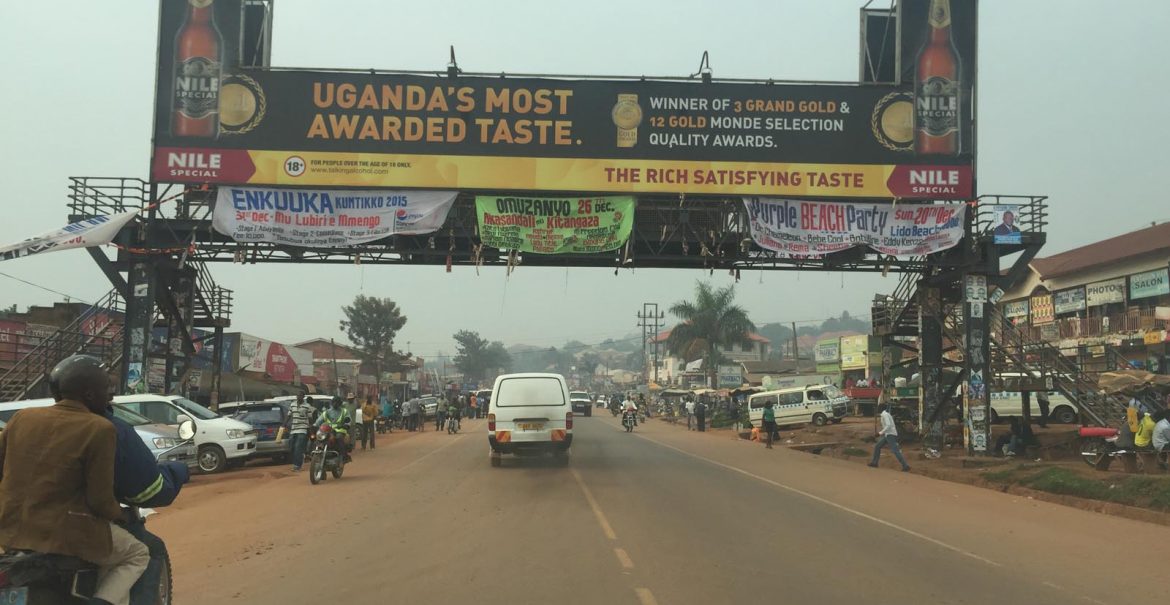
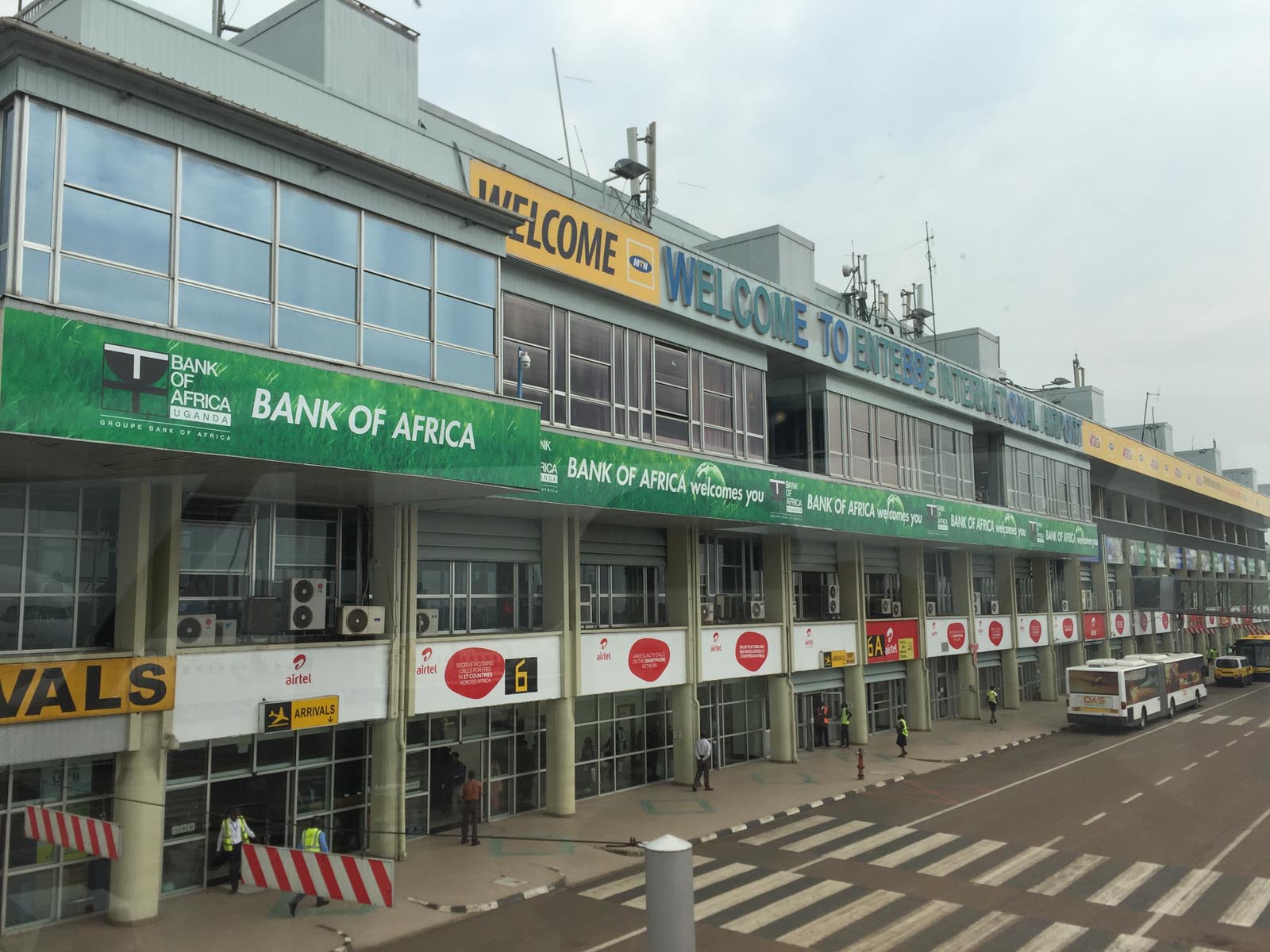
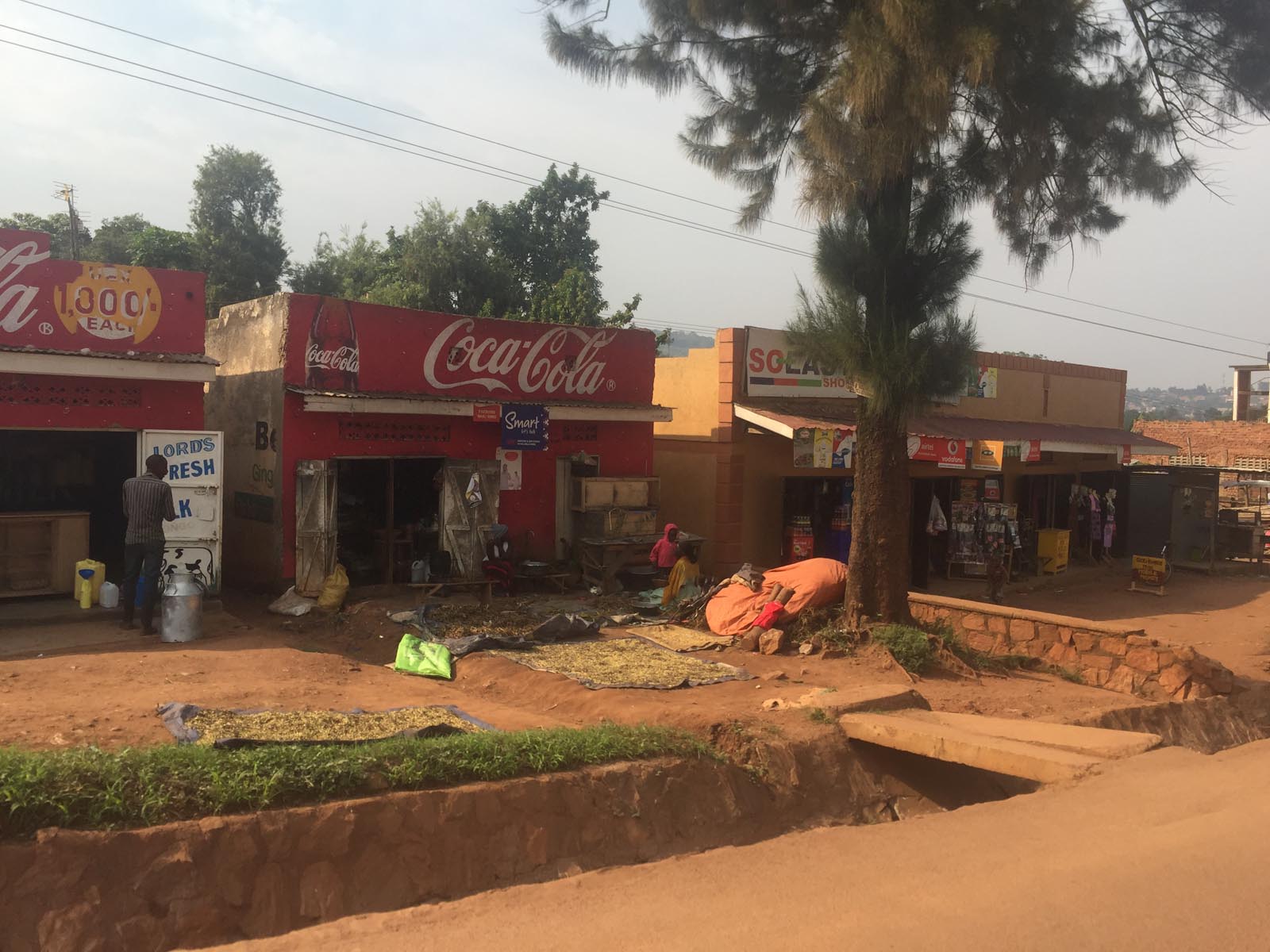
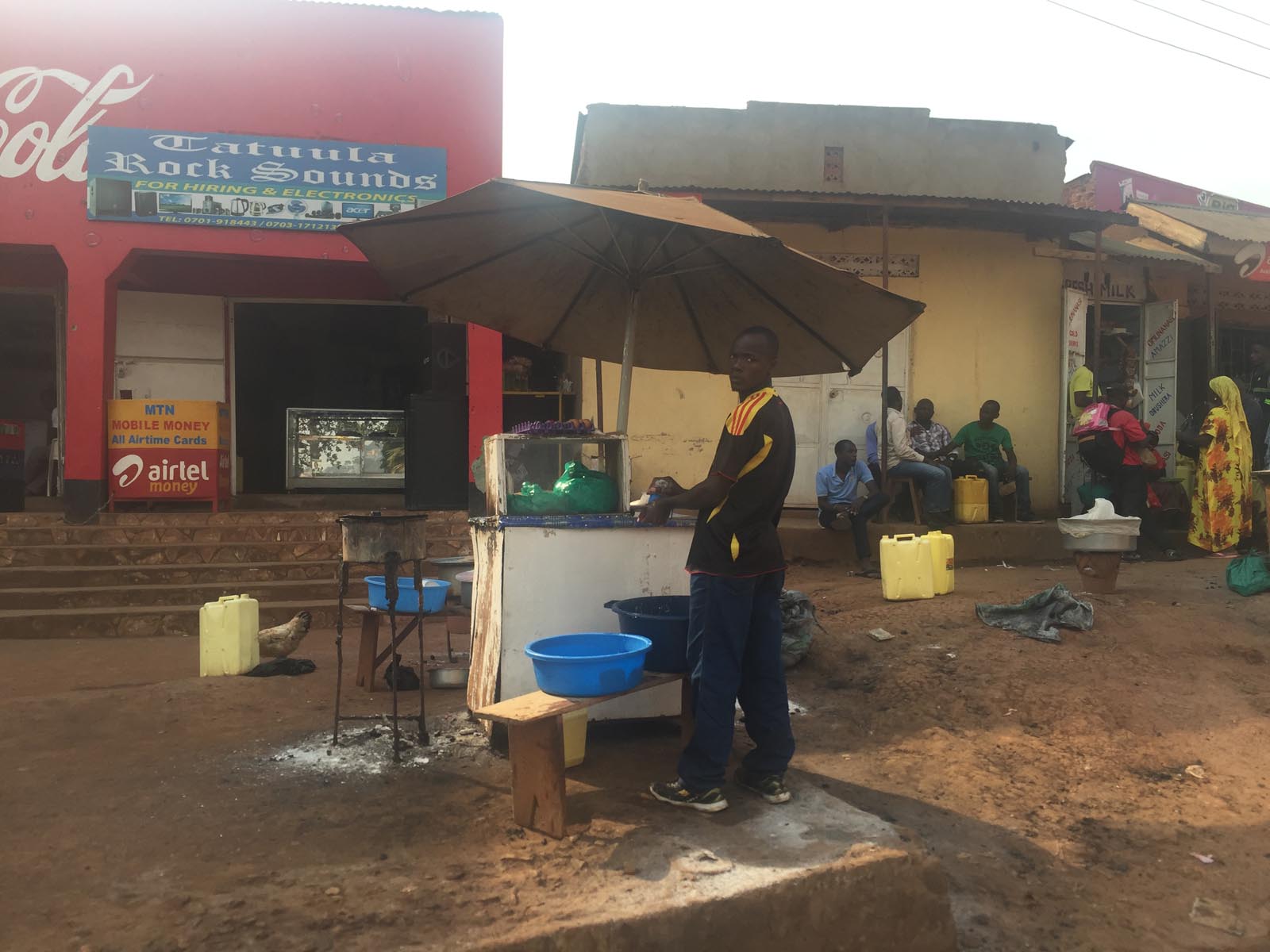
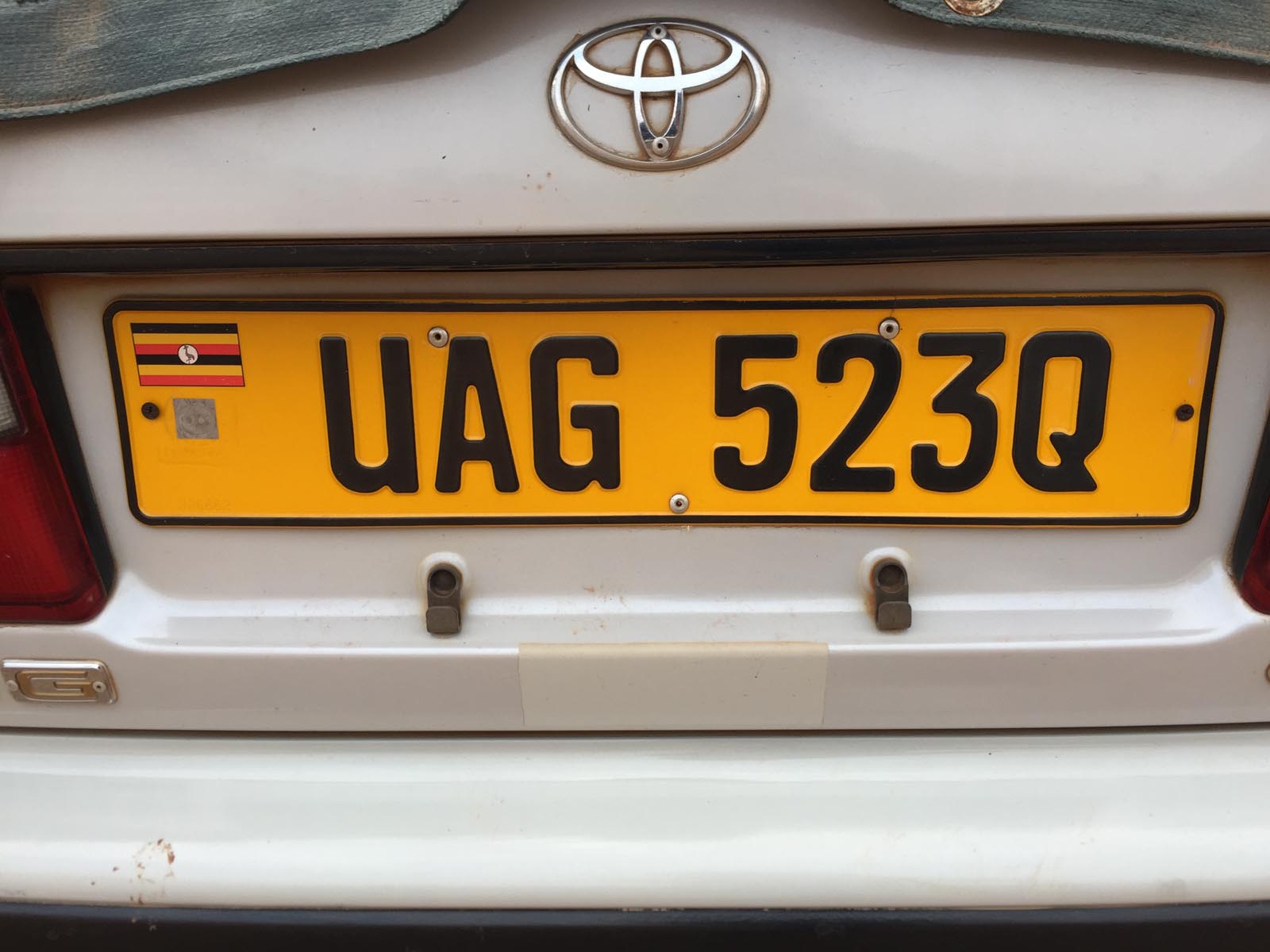
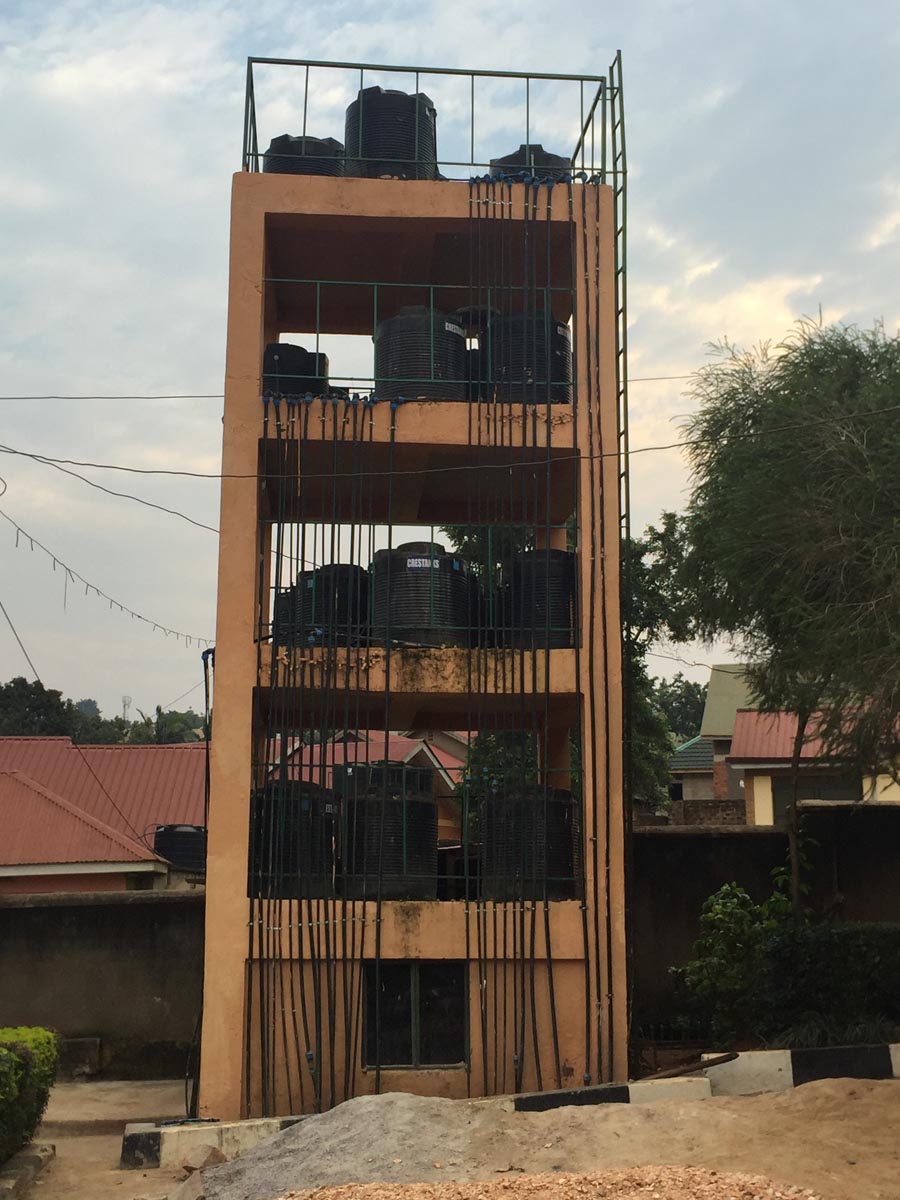
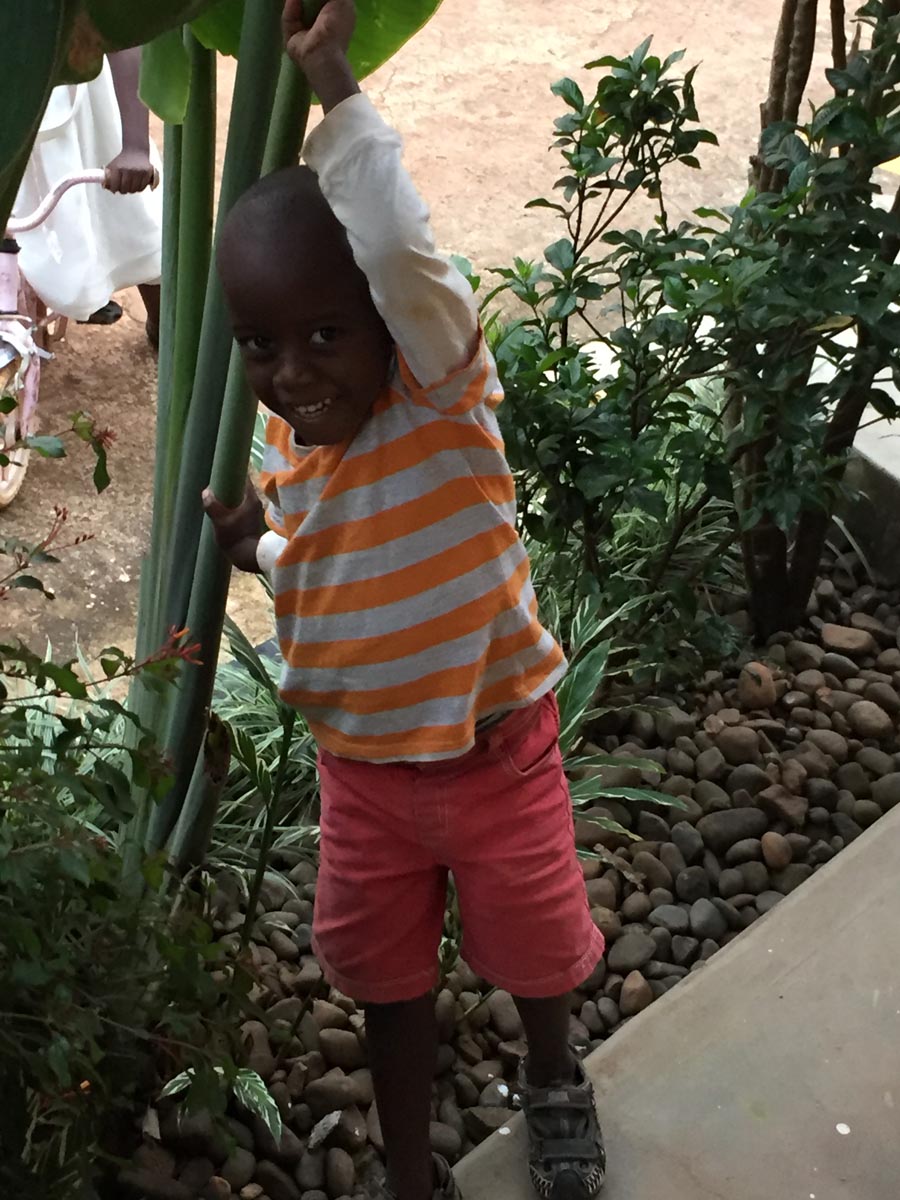

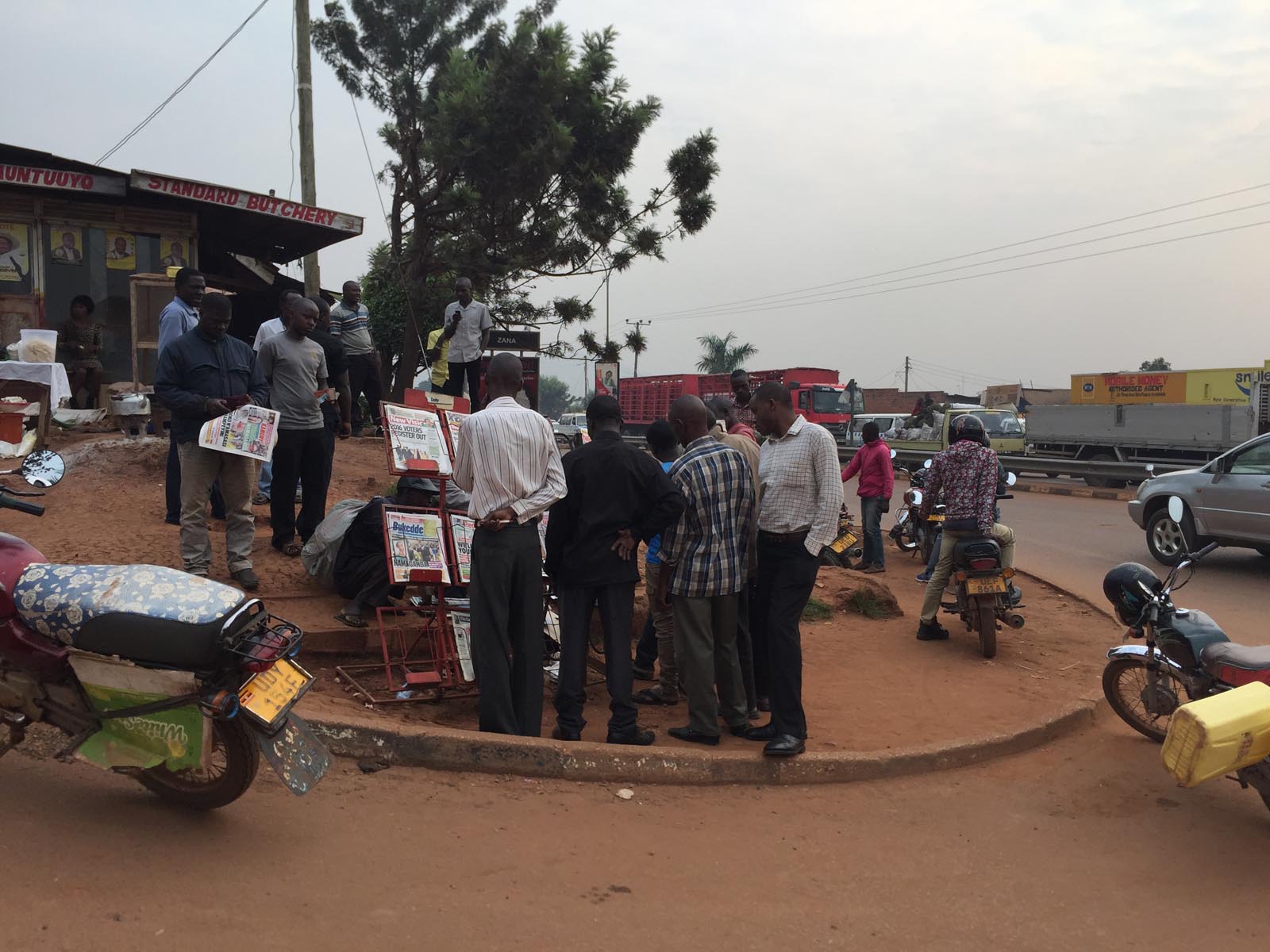
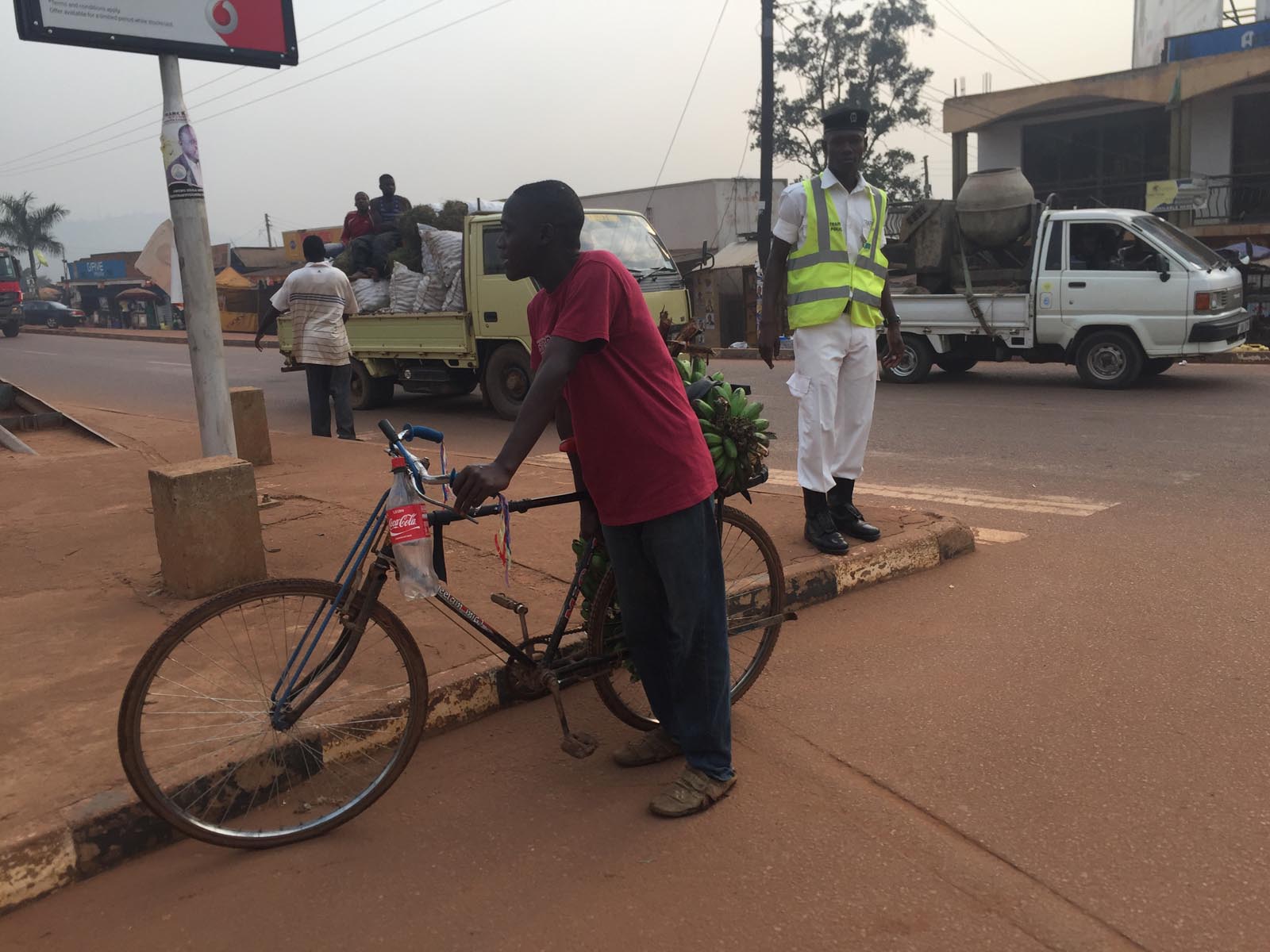
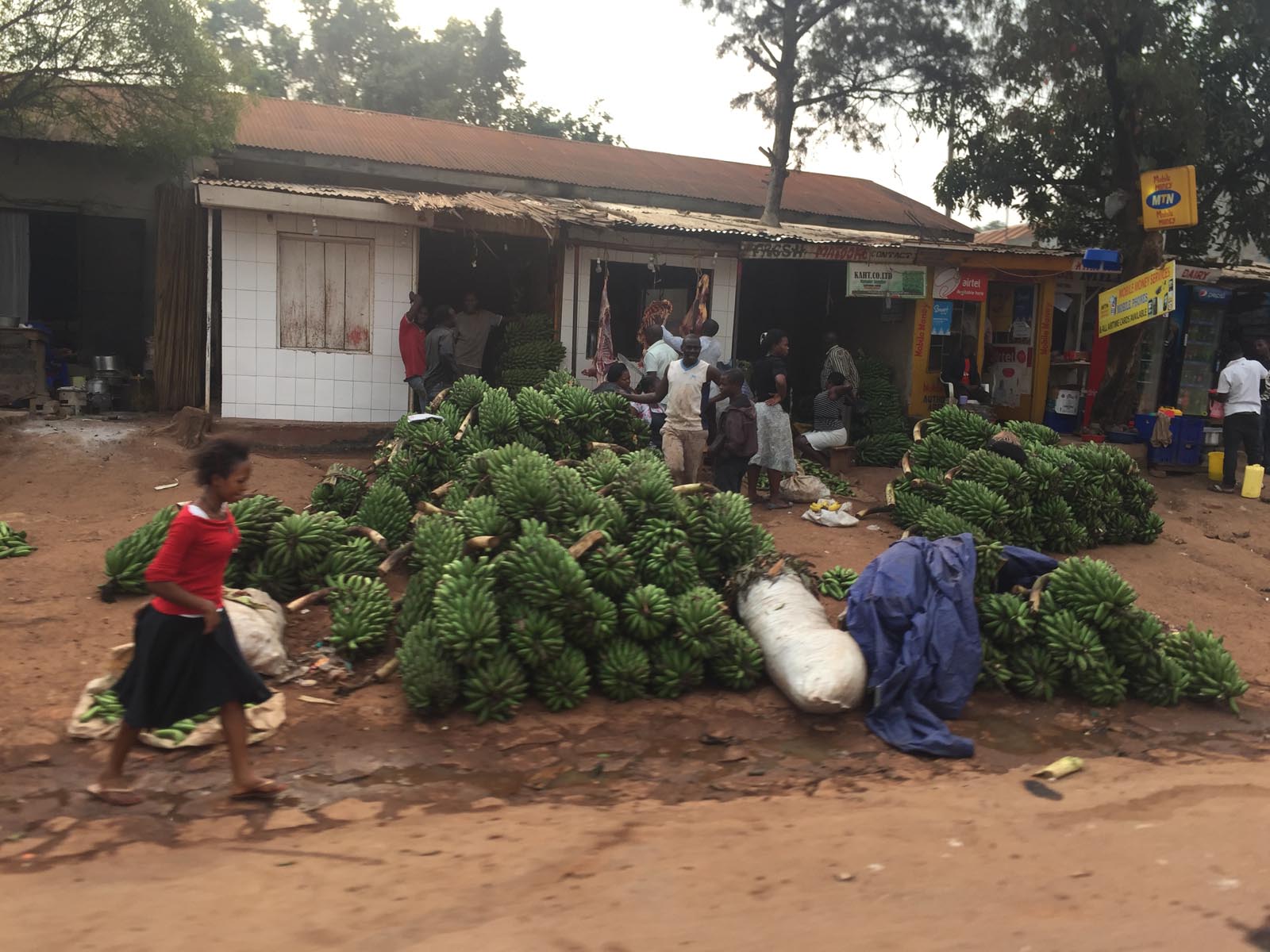
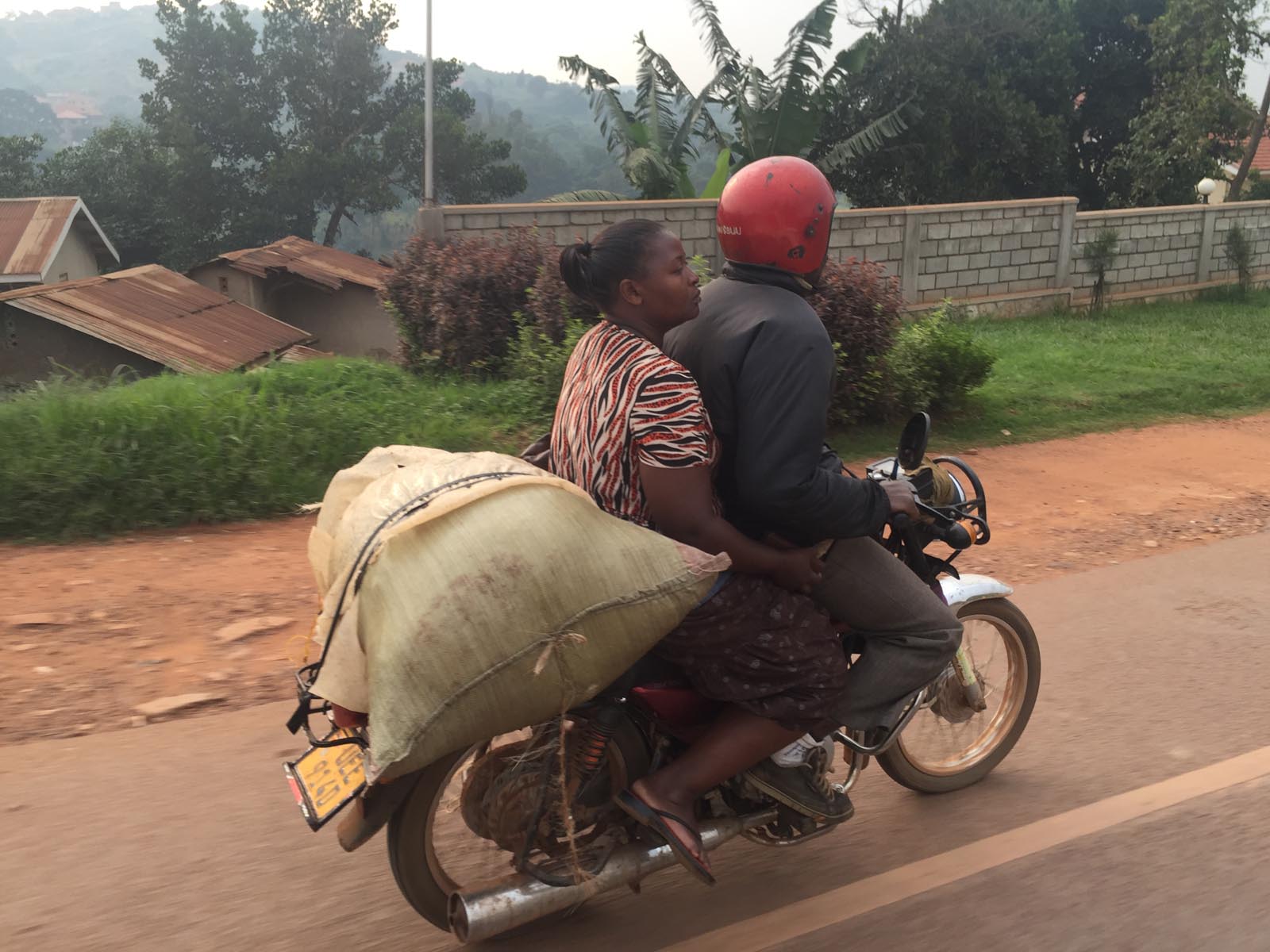

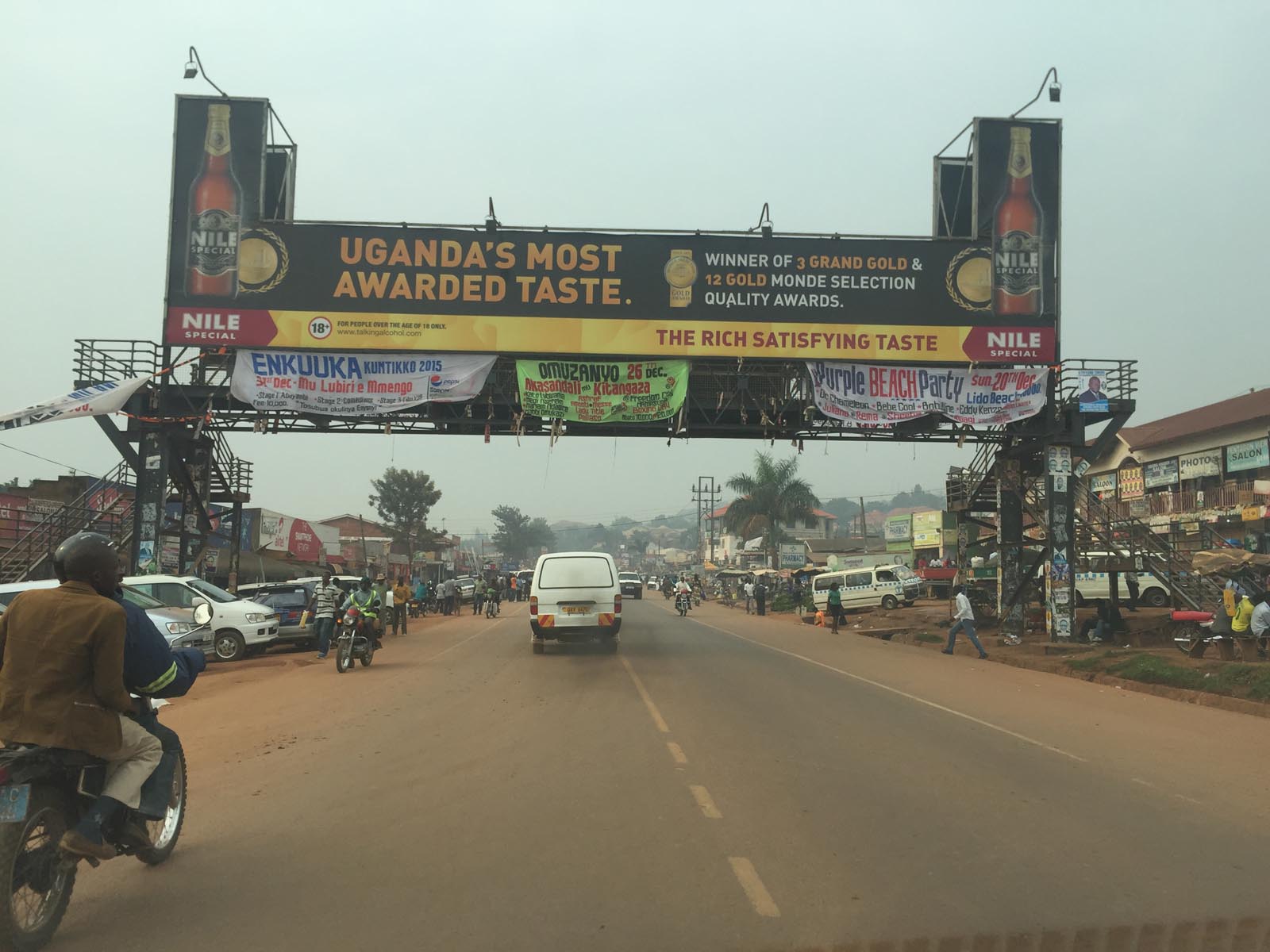
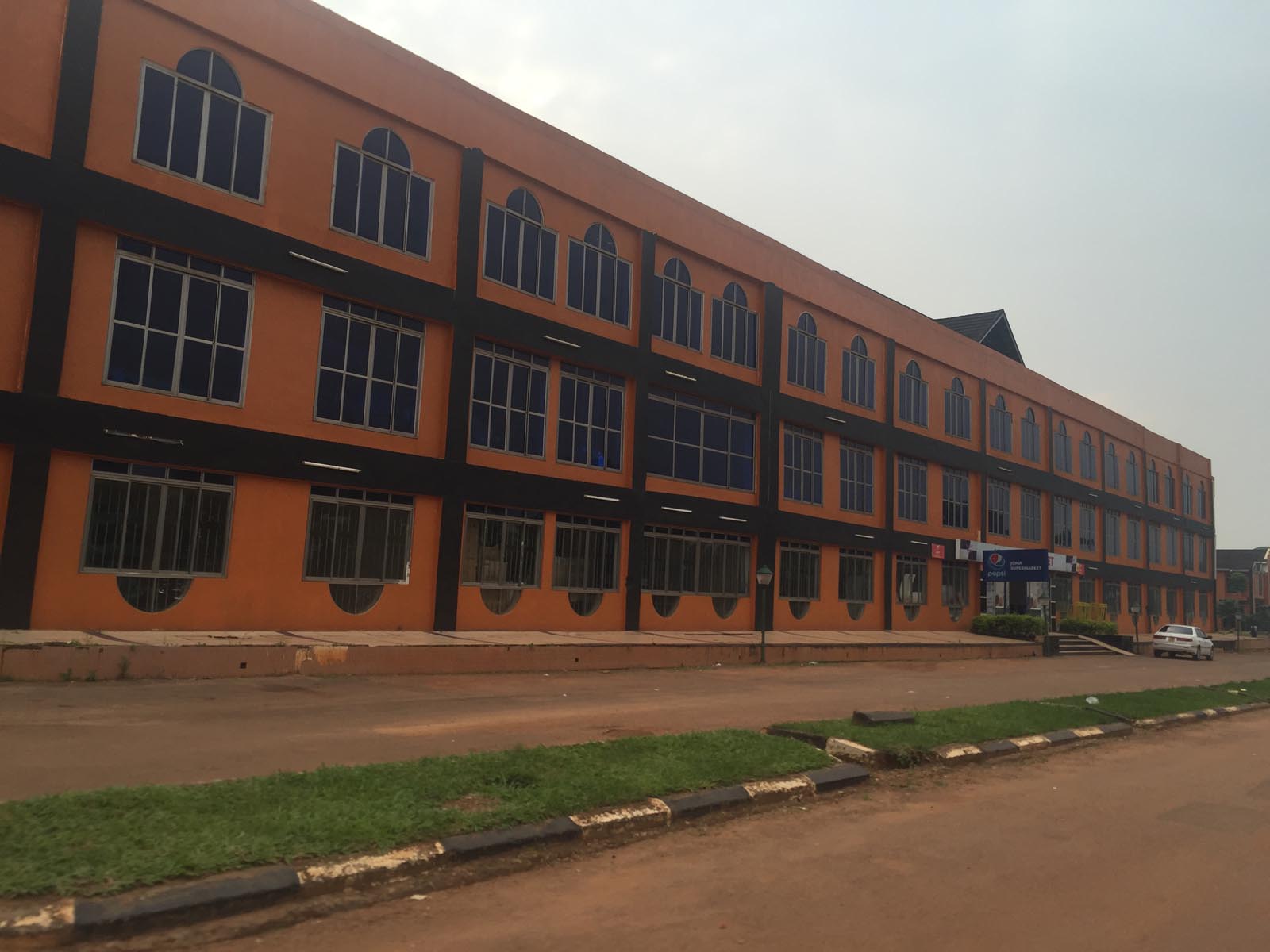
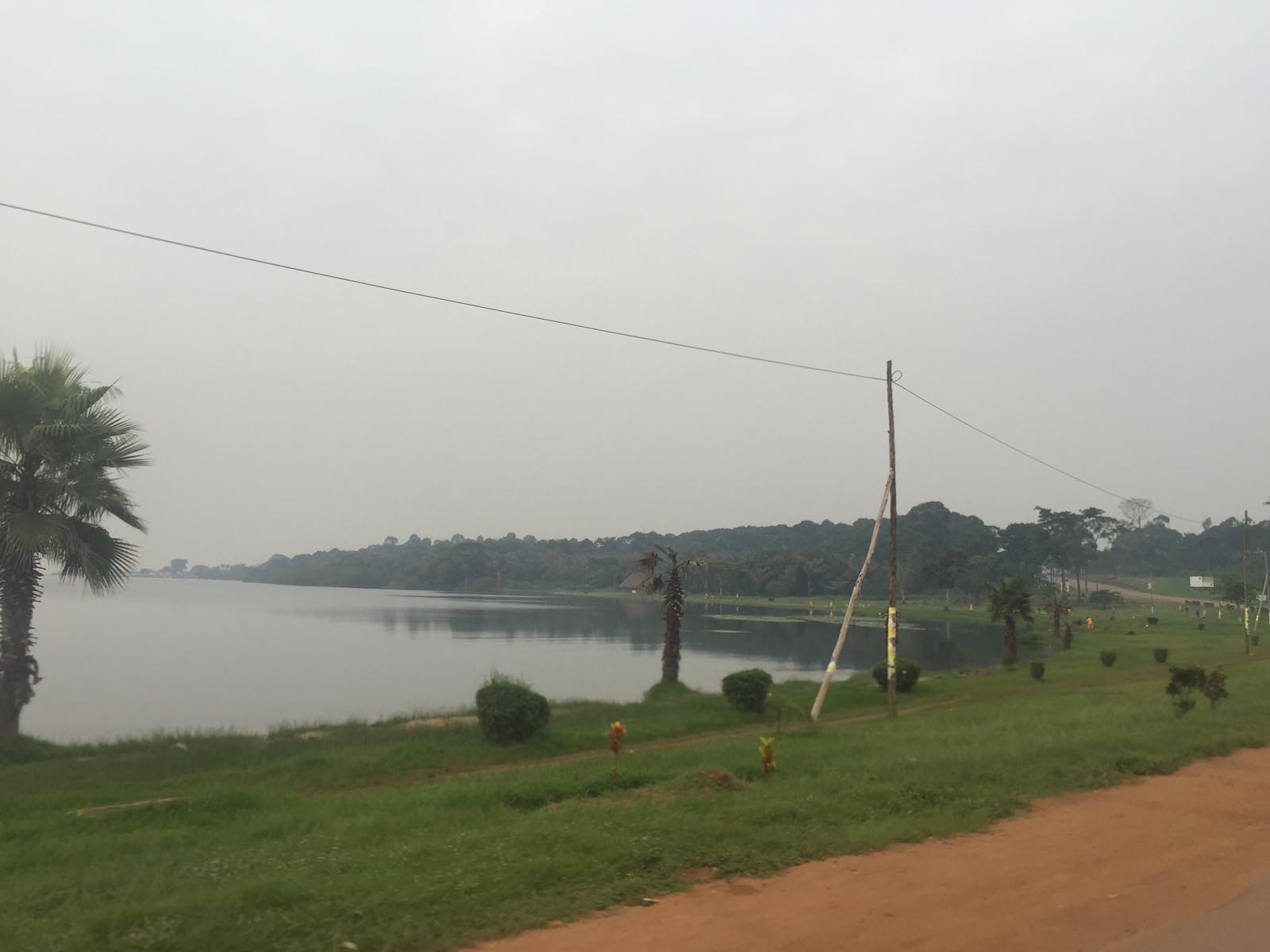
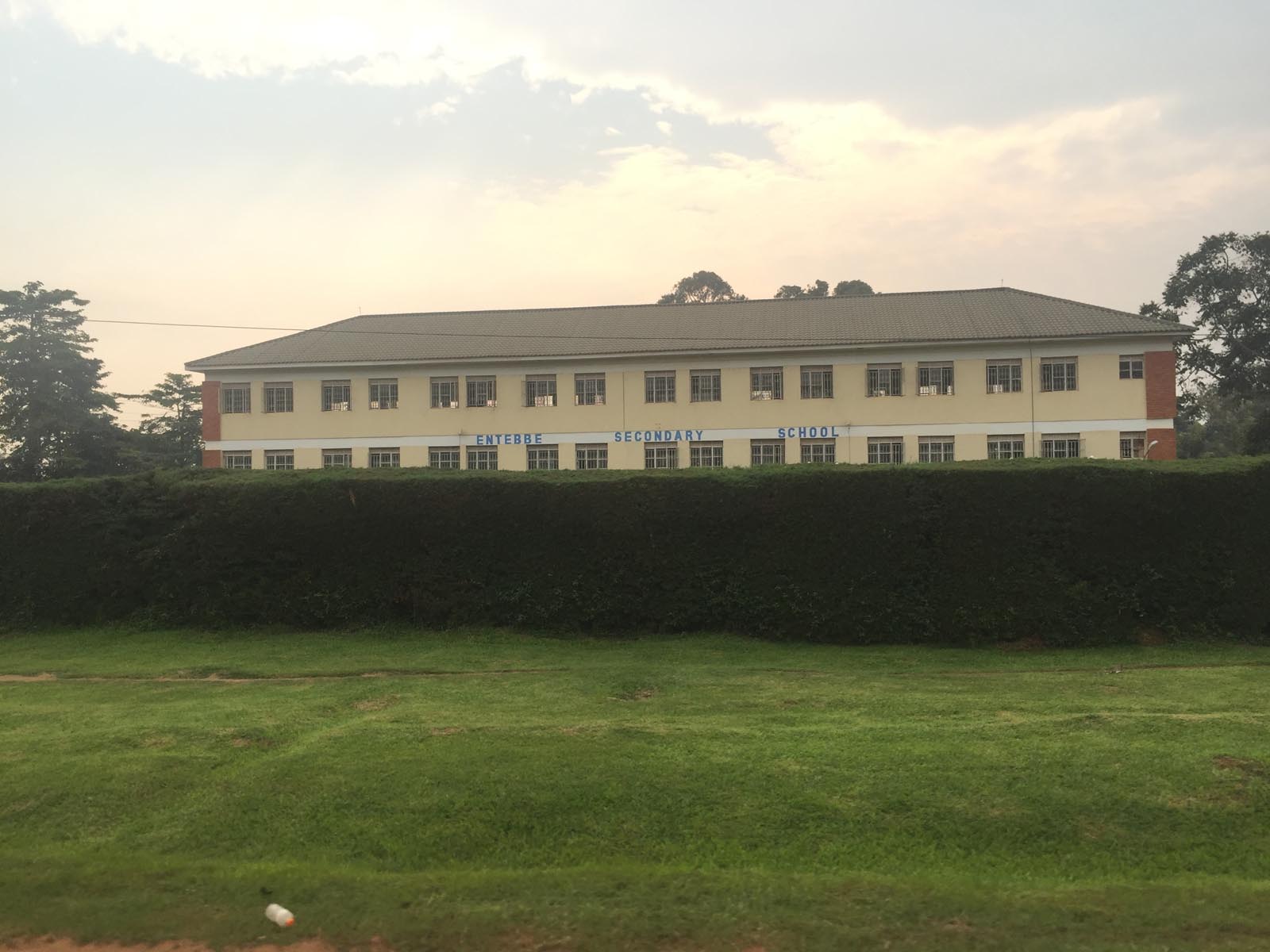
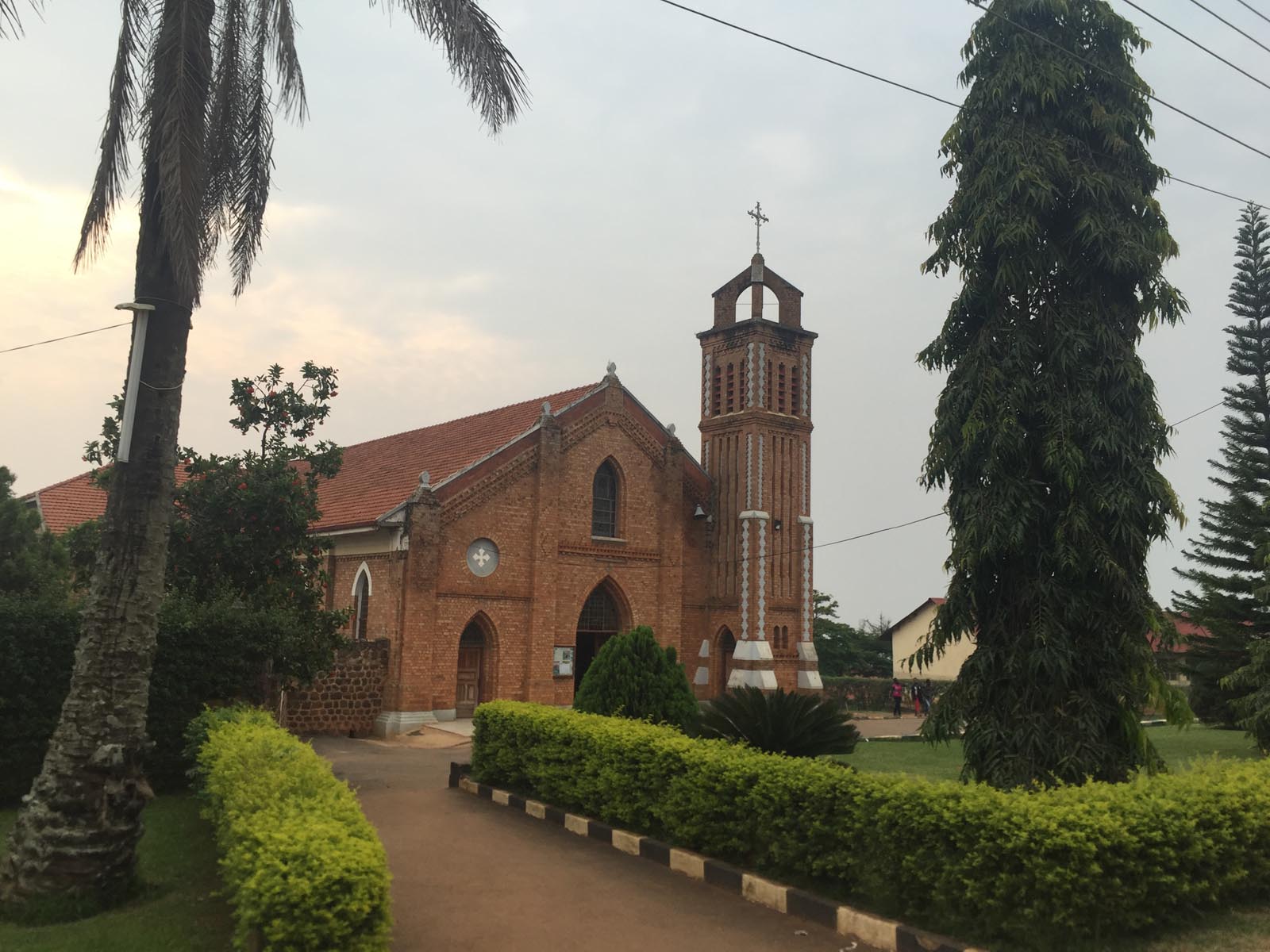
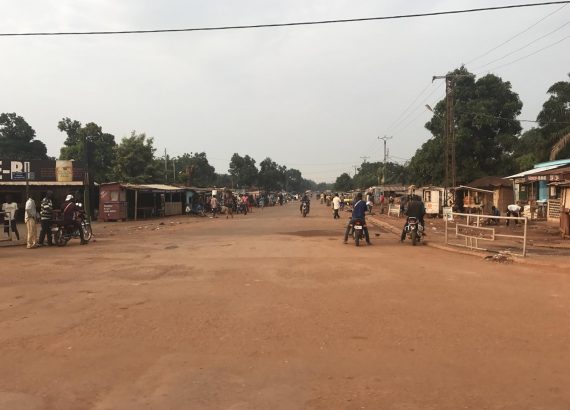
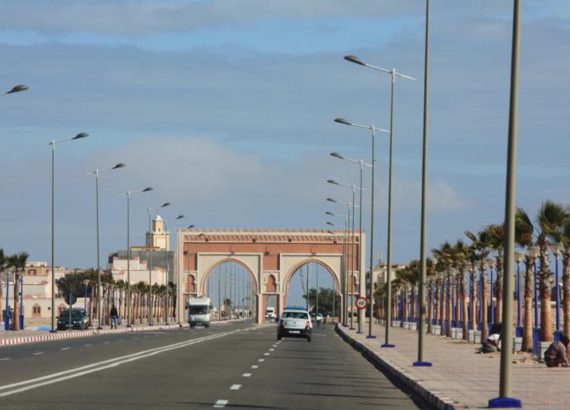
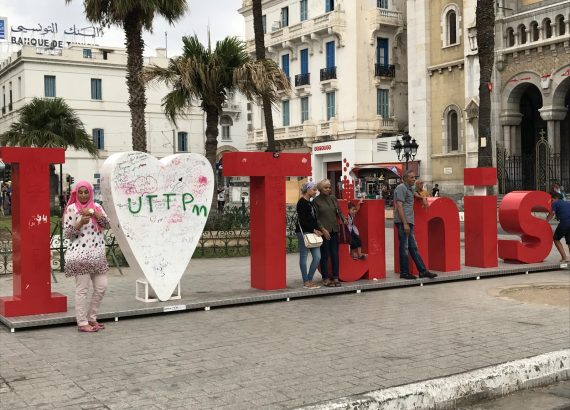
No Comments